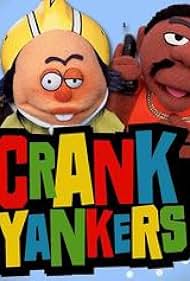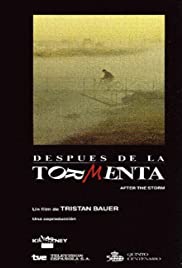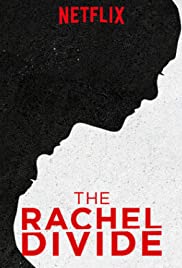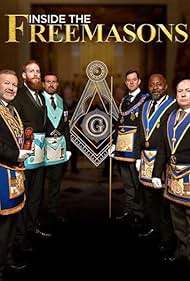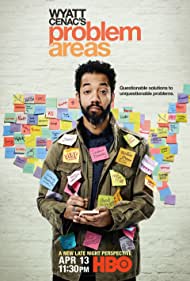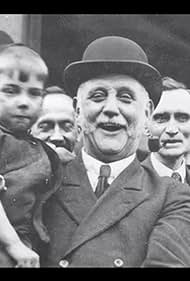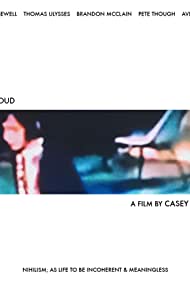1968: The Year That Changed America Soundtrack (2018)

Buy on Amazon Play and download Soundtracks
1968: El año que cambió la historia
1968: The Year That Changed America
1968: The Year That Changed America
Synopsis
1968: The Year That Changed America
In 1968, America experienced a series of events that would forever change the course of history. From the Vietnam War to the Civil Rights Movement, this year was marked by social and political upheaval.
The Tet Offensive in Vietnam was a turning point in the war, as the North Vietnamese launched a massive attack on South Vietnam during the Lunar New Year. This event shocked Americans and led to increased opposition to the war.
The assassination of Dr. Martin Luther King Jr. in April sent shockwaves throughout the country. Dr. King was a key figure in the Civil Rights Movement, and his death sparked riots and protests in cities across America.
The assassination of Senator Robert F. Kennedy in June further deepened the sense of turmoil and uncertainty in the country. Kennedy was a leading candidate for the Democratic presidential nomination, and his death left many Americans feeling disillusioned.
The Democratic National Convention in Chicago was marred by violence as police clashed with anti-war protesters. The chaos and brutality captured on television shocked the nation and further divided Americans.
Despite the turmoil and tragedy of 1968, it was also a year of progress and change. The Civil Rights Movement made significant strides, and the anti-war movement gained momentum. The events of 1968 served as a wake-up call for many Americans, prompting them to question the status quo and demand a better future.


